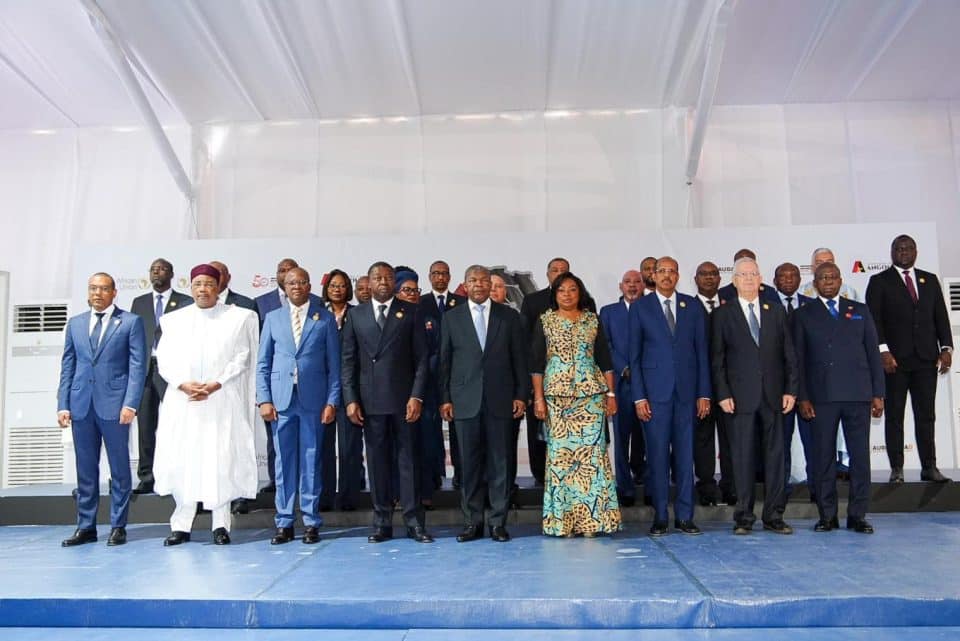Luanda, Angola – African leaders, global investors, and development bank executives gathered in Luanda for the Financing Summit to discuss ways to turn the continent’s ambitious infrastructure plans into investment-ready projects. The summit, themed “Capital, Corridors, Trade: Investing in infrastructure for the AfCFTA and shared prosperity,” focused on transport and corridors, energy, digital transformation, and water and sanitation.
Africa faces an annual infrastructure financing gap estimated between $68 billion and $108 billion, according to the African Development Bank. Despite the shortfall, summit delegates highlighted that capital exists—the challenge lies in creating bankable projects and ensuring policies and regulations provide the confidence investors need to commit funds.
Angolan President and African Union Chairperson, H.E. João Manuel Gonçalves Lourenço, urged leaders to strengthen support for the Programme for Infrastructure Development in Africa (PIDA), the AU’s strategic framework for cross-border infrastructure in transport, energy, water, and ICT. He emphasized the importance of the Lobito Corridor, a key transport and logistics route connecting Angola’s port of Lobito to Zambia and the Democratic Republic of Congo. According to President Lourenço, the corridor will accelerate regional trade, unlock mineral exports, and improve connectivity across Southern and Central Africa while lowering costs for goods moving to international markets.
A key theme was the need to mobilize domestic capital. Speakers highlighted the trillions of dollars held by African pension funds, insurance firms, and sovereign wealth funds, much of which is invested abroad. H.E. Mahmoud Ali Youssouf, Chairperson of the African Union Commission, stressed that external financing alone cannot drive development, advocating a shift from a “logic of assistance” to a “logic of alliance” aligned with Africa’s priorities. H.E. Ms. Nardos Bekele-Thomas, CEO of AUDA-NEPAD, echoed the call, noting that African capital must support connectivity, energy security, and productive capacity. Samaila Zubairu, CEO of the Africa Finance Corporation, added that over $4 trillion in domestic savings could fund infrastructure with proper regulatory reforms and alignment.
The summit also underscored the importance of local content and industrial transformation. Lerato Dorothy Mataboge, Commissioner for Infrastructure and Energy at the AUC, stressed that African financing, skills, and innovation must lead infrastructure projects while creating jobs and promoting industrialization. Zubairu highlighted that Africa must process its own raw materials to move up the global value chain and avoid being price-takers.
The Luanda Summit sent a clear message: Africa’s transport infrastructure, including corridors like Lobito, is key to regional integration, trade expansion, and economic growth. Political will, domestic capital mobilization, and investment-ready projects are central to turning Africa’s infrastructure ambitions into reality.


